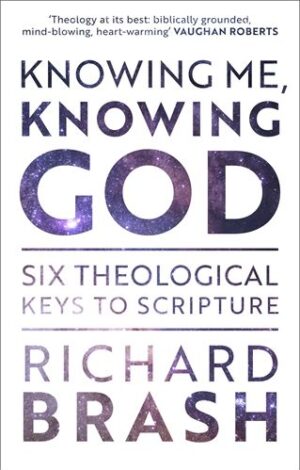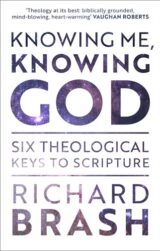Summary
This final study offers an opportunity to draw together various ideas from KMKG, and perhaps to spend a bit more time on reflection, application and prayer. The brief conclusion to KMKG revisits the six theological keys to Scripture introduced in the book and encourages us to link our understanding of the biblical principles with our life of faith. As a group leader, you might want to ask group members preparing for this final study to note any questions of their own about what they have been learning, in advance of your meeting. This may help you to gauge where the studies have been making their mark. It may also give you some guidance on what, if appropriate, would be suitable for your group to do next.
Starter questions
- Would you say you were more liable to overestimate yourself or to underestimate God? When have you done this recently? How are these two things related?
Questions for discussion and application
- What are the three ‘theological virtues’ and how can the six keys presented in KMKG help to foster them? Try to think of concrete examples in your own life.
- What’s the fundamental difference between Calvin’s ‘senseless curiosity’ (in the prayer on p. 146) and the ‘true and sound wisdom’ that Calvin advised us to pursue? (See the preface to KMKG, p. xi.) How can you be sure to seek after the one, while avoiding the other?
Review and application questions for this series as a whole
- How many of the six theological keys to Scripture in these studies can you remember? Is there a good way to help you remember them? (Perhaps look back to p. 126.)
- Which one of the six keys has helped you most in your understanding? And which has helped you most in living the Christian life? Can you give examples of how this has worked?
- Have a brief look through the glossary to KMKG (pp. 148-152). Pick out one or two terms that you have learned or thought more about during this series, and share those with the group. Do you have remaining questions about any of these terms? [Note that most of these terms are also found in the general index to KMKG, which will direct you to references throughout the book if necessary.]
- Do you now have a different view of systematic theology than you had before you started this series? If so, in what way has your view changed? Can you think of ways that you and your group could continue to learn and benefit from faithful systematic theology as you go on meeting together?


